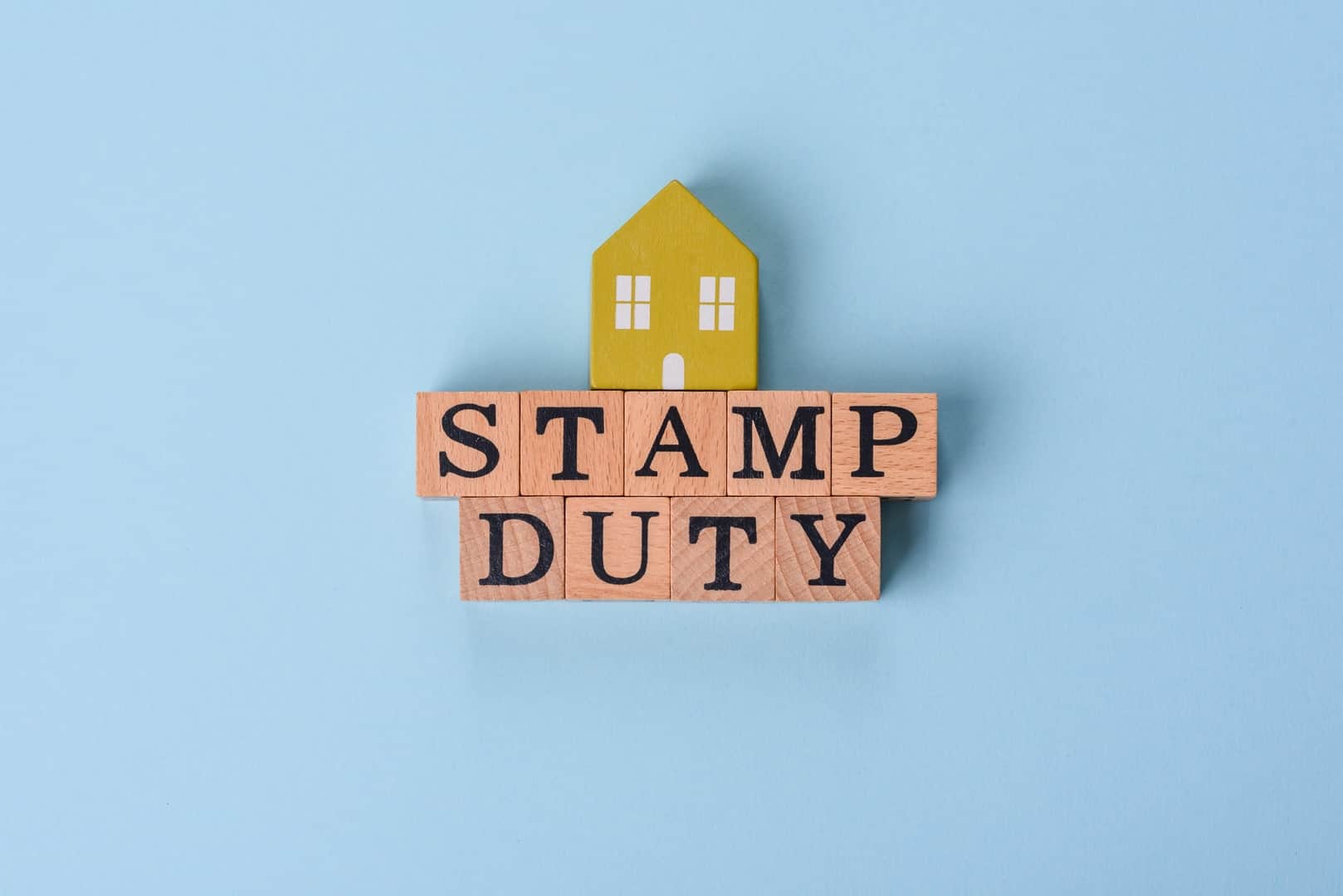Have you been toying with the idea of transferring property in Australia and finding ways to do so minus the hefty stamp duty? You’re not alone. Many homeowners and sellers in Australia just like you are navigating this complex process.
Here’s an interesting fact: Many property transfers in Australia require paying stamp duty (also called transfer duty), but not all.
There are some circumstances, like during a marriage or relationship breakdown, or when a property is passed down in a family, where you won’t have to pay this fee.
So where do you sit? Find out in our article on how to transfer property without paying stamp duty.
Common Misconceptions about Stamp Duty in Australia
Sometimes, people can easily confuse the ins and outs of stamp duty, especially regarding property transfers in Australia. It becomes crucial to bust some common myths and misconceptions and understand the reality.
Did you know approximately 50% of all Australian property transactions are subject to stamp duty? Additionally, in New South Wales, the average stamp duty on a property is around $20,000
- Myth 1: Stamp duty is avoidable: Often, people believe that stamp duty can be completely avoided. While it’s true that there are legal ways to minimise the amount, avoiding stamp duty entirely is often impossible and can lead to legal consequences.
- Myth 2: The buyer always pays the stamp duty: While it’s common practice for the buyer to bear this cost, there’s no hard and fast rule about this. The buyer and seller can negotiate who pays the stamp duty.
- Myth 3: Foreign buyers don’t need to pay stamp duty: The truth is, foreign buyers may be required to pay additional duty on top of the standard rates, especially if it’s for an investment property.
- Myth 4: Stamp duty is only paid on residential property: Stamp duty applies to all kinds of property—not just residential—including commercial properties and vacant land.
The Legal Framework Surrounding Property Transfers in Australia
The governing legislation differs across Australian states and territories. Still, conveyancing acts and duties acts are the key statutes to pay attention to and any binding financial agreement you enter into.
These acts contain specific provisions regarding property transfers and the associated costs, including stamp duties and capital gains tax implications.
- Conveyancing Acts: These regulations outline the legal procedures for transferring property ownership. They detail everything from the preparation of legal documents to settlement processes. In many instances, they also stipulate the responsibilities of each party involved in the transaction.
- Duties Acts: These set the rates and conditions for various duties imposed on property transactions, such as stamp duty. They give landlords an idea of the fees they’re expected to pay when selling or transferring property.
Consideration is also given to the transfer type, such as whether it is a property transfer via a will or inheritance, a marriage breakdown, or company restructuring.
Each of these scenarios will have its own unique regulations and possible duty exemptions under the Duties Act. Knowing these intricacies is important if you’re hoping to bypass stamp duty legally.
Ways to Transfer Property without Stamp Duty
Stamp duty is a significant expense for many homeowners and sellers in Australia. However, you may be eligible for a stamp duty exemption in some circumstances.
Scenarios where you may not need to pay stamp duty include:
- Family member transfers or love and affection transfer: In some Australian states, an immediate family member can transfer property to another without paying stamp duty. This type of transfer, often known as ‘love and affection’ transfer, usually applies to spouses, parents and children. But remember, each state has its rules, so always check the precise regulations with your revenue office or a legal professional.
- Transfer due to marriage or divorce: If you’re getting married or divorced, transferring property to a spouse or de facto partners is generally exempt from stamp duty. However, certain conditions must be met for this exemption to apply. Again, these rules vary by state.
- Adding or removing someone from the property title: There are some scenarios where you may not be required to pay stamp duty when adding or removing someone from the property title. This might be the case if you’re moving in with a de facto partner, or separating from one. Detailed advice from a legal professional can provide the necessary guidance for this situation.
How To Minimise The Implications of Paying Stamp Duty
You’ve likely heard of the saying, “A penny saved is a penny earned”. Well, regarding the hefty stamp duty associated with property transactions in Australia, this analogy rings particularly true.
Firstly, you need to understand that factors like property value and intended use primarily influence stamp duty. The lower the property’s value, the lower the amount of stamp duty you need to pay.
Here’s how stamp duty generally applies to both transferred and purchased properties:
- First Home Owners Grant (FHOG): Are you buying your first home? The Australian Government offers a First Home Owners Grant, including exemptions or concessional stamp duty rates. Keep in mind that eligibility conditions apply.
- Off-the-plan concessions: If you’re purchasing an off-the-plan property, you might be eligible for a concession on your stamp duty. This depends on the state or territory in which you’re buying.
- Farming properties: In some Australian states, farming properties are granted stamp duty concessions. If you plan to buy a rural property, take notice of this.
- Family and spousal transfers: Some states offer exemptions to family members or spouses when the property is transferred without money changing hands.
A Note On Capital Gains Tax
You’ll also need to consider the implications of capital gains tax (CGT) when looking into property transfer obligations in Australia.
Capital gains tax is a tax imposed on the profit made from the sale of an asset, in this case, property. If you’re selling a property for more than you bought it for, you’re likely to be subject to capital gains tax. Our property valuation team can help you find out how much CGT you’re obligated to pay.
Some exemptions and concessions are still available. For example, if you’ve owned the property for more than 12 months, you may be eligible for a 50% discount on the capital gain. It’s essential to seek advice from a financial professional to understand your tax obligations and any available exemptions or concessions.
We recommend seeking professional financial advice to ensure you make the most out of your property transaction.
Note that this is only applicable to selling property, not transferring your property to someone else if it’s treated as an outright gift. However, if you profit from the market value, there are tax implications, including CGT.
Key Takeaways
- Stamp duty is a mandatory tax in Australia during property transfers but can sometimes be avoided or minimised.
- Understanding the legal framework around property transfers can clarify why and when stamp duty is applicable.
- There are legal methods such as joint tenancy, gifting property, and property settlement in divorce cases for transferring property without incurring stamp duty.
- Strategies involving property restructuring, off-the-plan property purchases, and farm property transfers can minimise stamp duty costs.
- However, these methods have their conditions and complexities, which require expert advice to ensure legality and proper implementation.
- If you have not owned the property for more than 12 months, you may need to pay capital gains tax.
Because these matters are complex, we always recommend seeking professional advice on how to carry out an asset protection strategy. For more information, get in touch with a professional property valuer from the Duo Tax team, and we’ll guide you through the process.

Ready to get started?
Talk to one of our friendly property experts to get a free quote or more Information.









